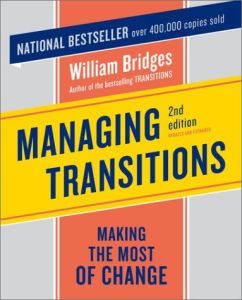
Managing Transitions
Making the Most of Change
First Edition: 1991 mais...
ISBN: 9780738208244
Pages: 144
Recommendation
This is one of the most succinct and clearly written business books you will ever read. Author William Bridges uses language with care and precision, delivering the goods without any superfluous jargon. He cites many welcome quotations on change and innovation from a wide range of writers and thinkers whose work is not usually found in business books. He places these quotations in context with aptly chosen examples of recent business transitions, bringing intelligence and sensibility to a subject too often addressed only with clichés and cant. Only those who have read many business books can fully appreciate the value of such an approach. Others will merely find that they are able to read this book from cover to cover without at any point having to wonder what the author really means to say. Managing transitions is really about helping people deal with fear and uncertainty - the key is to build trust and confidence. Everything Bridges says flows from that common sense insight, and seems obvious and necessary once he says it, though it may not seem as evident to you until you read his book. getAbstract highly recommends that you do so.
Summary
About the Author
William Bridges is a consultant and lecturer based in Mill Valley, California. The Wall Street Journal has rated him one of the ten most popular executive development consultants in the United States. This book is an update of his 1991 classic. He is also the author of The Way of Transition: Embracing Life’s Most Difficult Moments, Transitions, JobShift and Creating You & Co.








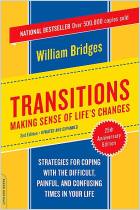


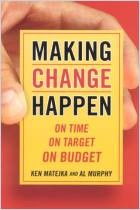

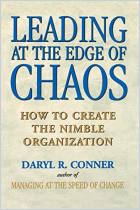
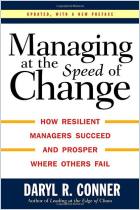
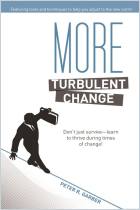



Comment on this summary